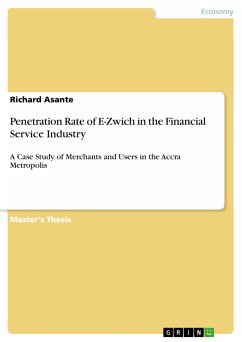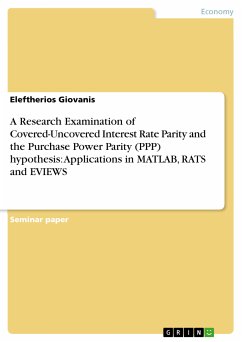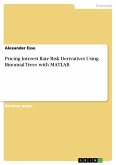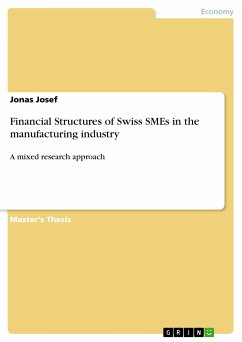Master's Thesis from the year 2017 in the subject Business economics - Investment and Finance, grade: 68.0, , language: English, abstract: The economy of Ghana is seen to be adjusting itself gradually with the innovation of advanced systems of payments as a result of a steady rise in technology and this has made the economy very reactive to any new electronic payment system. Also for the above reason, competition is now getting very keen especially in the financial service industry of Ghana as to which electronic payment system or categories of payment systems best satisfies the desires of merchants and users. The purpose of this research is to investigate and analyse the strength of the E-Zwich payment system and determine its level of adoption amongst users and merchants in the financial service industry. Questionnaires administered to some banks, insurance companies and other players within the financial service industry enabled the researcher to ascertain information on the actual activity that goes on concerning the E-Zwich. Most merchants indicated their mistrust in the E-Zwich and rather preferred to champion their own traditional systems of electronic payments whiles other merchants believed that the penetration of the E-Zwich would be satisfactory if steps are put in place to efficiently manage it as any other reliable electronic payment system. Quantitatively, a convenience sampling approach was employed to ascertain certain responses from a total of 100 responses as questionnaires were administered. The study indicated that just a few of them have the card and this few represented mainly National Service personnel due to the compulsory nature of using the card indicating an overall low patronage of the E-Zwich card.









